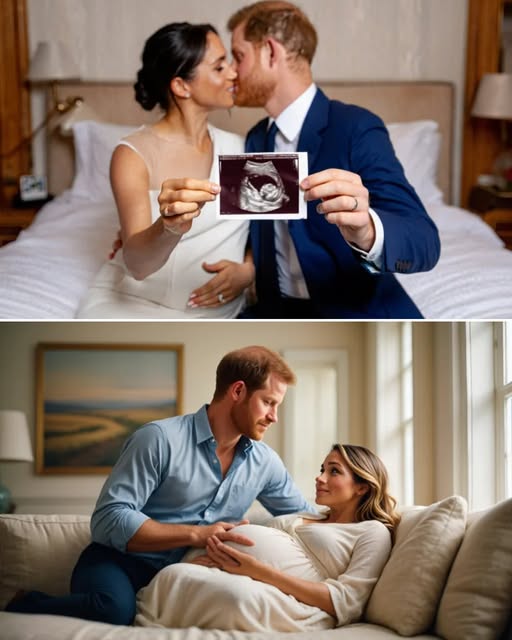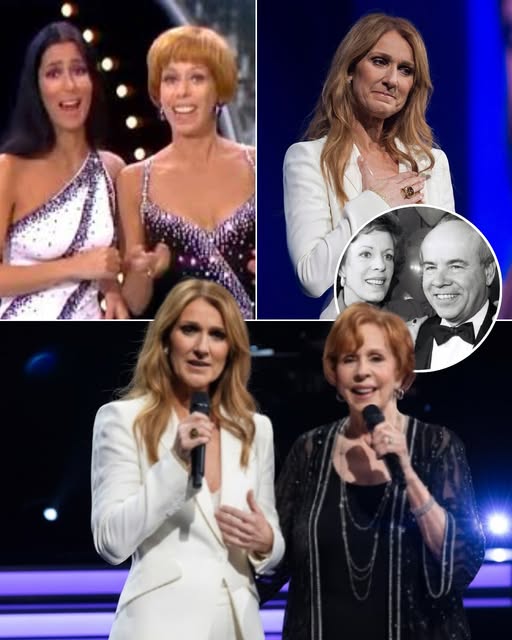When Carrie Underwood walked into that golden spotlight, there was a hush — the kind that fills the air just before a storm. No one at the Country Music Hall of Fame that night knew what they were about to witness. But from the first note, it was clear: this wasn’t going to be just another tribute show. It was going to be a reckoning.

Carrie began her performance with a medley that honored four of country music’s most revered women: Patsy Cline, Reba McEntire, Barbara Mandrell, and Dolly Parton. One by one, their voices seemed to echo through her. It wasn’t imitation. It was invocation. Her voice shifted with grace and grit — from Patsy’s haunting melancholy to Reba’s fiery passion. And the crowd was right there with her, riding every note like a memory reborn.
But then came the moment that stopped everything.
As the final spotlight narrowed and the first chords of one of Dolly Parton’s most vulnerable ballads rang out, something in the room changed. Carrie’s voice grew softer, steadier, and achingly sincere. Every lyric was a thread, pulling the audience deeper into a place of sorrow and strength. And then — the cameras found her.

There, in the front row, sat Dolly herself. Her shoulders were trembling. Tears spilled down her face as she clutched a small white tissue, unable to contain the flood of emotion. It was a rare sight — the queen of country, always so composed, broken open by the very music she once wrote.

Insiders later revealed the reason behind Dolly’s reaction: the song Carrie chose had been one of Carl Dean’s favorites — Dolly’s late husband of nearly 60 years. Carl, famously private and rarely seen in public, had inspired many of Dolly’s most powerful and personal songs. That night, his absence was suddenly a vivid presence. Carrie didn’t just sing for Dolly — she sang to Carl.

The room was stunned. Miranda Lambert was seen wiping her eyes. Maren Morris placed a hand over her heart. Keith Urban leaned forward in his seat, visibly shaken. This was no longer a concert. It had become a living, breathing memory. Grief, love, legacy — all wrapped in melody and steel guitar.
When the final note faded, the crowd didn’t erupt. They exhaled. Slowly. Like they’d been holding their breath through a holy moment. And then — a standing ovation. Not just for Carrie, but for every woman whose voice had shaped generations, and for the man whose quiet love had inspired one of country’s greatest icons.
Carrie Underwood walked off that stage not just as a performer, but as a vessel — carrying history, pain, and beauty. That night, she didn’t just honor the legends. She became part of their story. And the audience? They didn’t just witness a show. They were changed by it.


